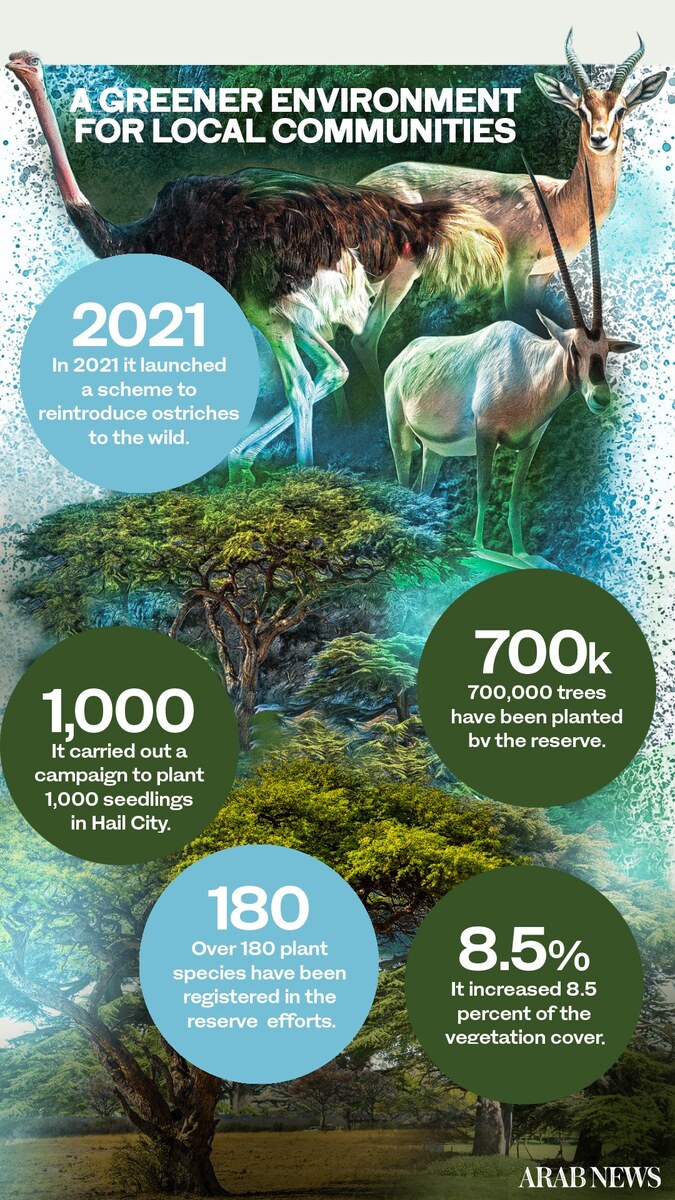JEDDAH: Professional football clubs in Saudi Arabia are increasingly developing initiatives designed to support their local communities.
This is happening amid wider national efforts to encourage organizations, including sports clubs, to expand their beneficial contributions to society, including the launch by the Ministry of Human Resources and Social Development in May of the Kingdom’s first annual Corporate Social Responsibility Awards.
Many local footballs clubs have been actively engaged in charitable and community initiatives for years. As part of the Saudi Pro League’s “Era of Giving” campaign that was launched in 2018, for example, Al-Nassr raised funds for orphans and children without guardians. The money they raised helped fund educational programs and gifts for the youngsters.

Professional football clubs in Saudi Arabia are increasingly developing initiatives to support their local communities. (Supplied)
Al-Shabab are involved in several philanthropic initiatives. For example, the social responsibility department at the Riyadh club recently launched its “Our Health” initiative, the aim of which is to raise awareness of health-related issues in the community through medical exams, health assessments and education, especially with regard to healthy eating.
In addition to their achievements on the field, reigning Saudi Pro League champions Al-Hilal are committed to having a wider positive impact on society. To that end, the club participates in a variety of initiatives such as youth football camps, charitable events, and partnerships with local organizations. Last year it also signed a partnership agreement with UNESCO to promote social inclusion through sports.
Al-Fateh, based in Al-Ahsa in the Eastern Province, has sponsored a number of vision-correction surgeries for orphaned girls. The club also introduced an “Ishraqa” initiative to help provide dental implants for beneficiaries from the Social Education House for Girls in Al-Ahsa.
It was rewarded for these and other efforts when it was awarded first place at the Social Responsibility Awards for Clubs during the 2023-24 season.
The Saudi Arabian Football Federation, the governing body for teams in the Kingdom, aims to lead the way among its members in the field of corporate social responsibility. The federation’s social responsibility committee has implemented more than 15 programs and in 2020 launched the Social Responsibility Awards for Clubs.

Professional football clubs in Saudi Arabia are increasingly developing initiatives to support their local communities. (Supplied)
On Sept. 3, the federation received a Forbes Middle East Award in recognition of its efforts, ranking it among the 50 most important Saudi brands in terms of social responsibility.
Nazih Al-Nasr, chairperson of the federation’s social responsibility committee, said he has been happy to see clubs embracing social responsibility through the development of important and effective local initiatives.
Through its own social programs, the federation aims to raise awareness of opportunities to volunteer, and of issues such as community health and the environment, Al-Nasr said. It also shares its experience and knowledge with clubs, provides training programs for humanitarian volunteers, and organizes forums, workshops, exhibitions and interactive coaching courses.
Ahmed Sadik Diab, the corporate social responsibility manager at Al-Ittihad, told Arab News that football clubs should be important parts of their communities in the broadest possible sense.
“They should not only be measured in the number of trophies they win, but also by the impact they have on the community in which they exist,” he said.
Social responsibility has been an important aspect of Al-Ittihad’s activities since the club was founded in 1927, he added. It also participates in global initiatives such as World Youth Day, World Disability Day, international awareness days for Alzheimer’s disease, breast cancer, autism and diabetes, and efforts to combat drugs.
“Through these programs we also use football as a delivery vehicle to provide a range of social-inclusion initiatives,” Diab said.

Professional football clubs in Saudi Arabia are increasingly developing initiatives to support their local communities. (Supplied)
Al-Ahli said social responsibility has been important to the club since it was founded in 1937. During the 2022-23 season, for example, it took part in various global initiatives, including World Diabetes Day and World No Tobacco Day, as well as Eid celebrations, iftar gift initiatives, and its own Al-Ahli Pioneers Program. More recently, it organized a blood-donation campaign in Jeddah.
The club’s social responsibility department, in cooperation with the Friends of Diabetics Charitable Society in Jeddah, also organized a clinic that offered tests of blood-sugar levels and provided free measuring devices.
Al-Wehda’s social responsibility department last week organized a volunteer program at the Grand Mosque in Makkah. The club’s social responsibility supervisor, Issam Al-Barakati, told Arab News it aims to play an important part in its community and give something back.
“We have undertaken numerous campaigns both at our ground, inside the Holy Mosque, and in local schools to educate our communities,” he said. “We have also undertaken projects to engage our players, staff and our fans.”










































